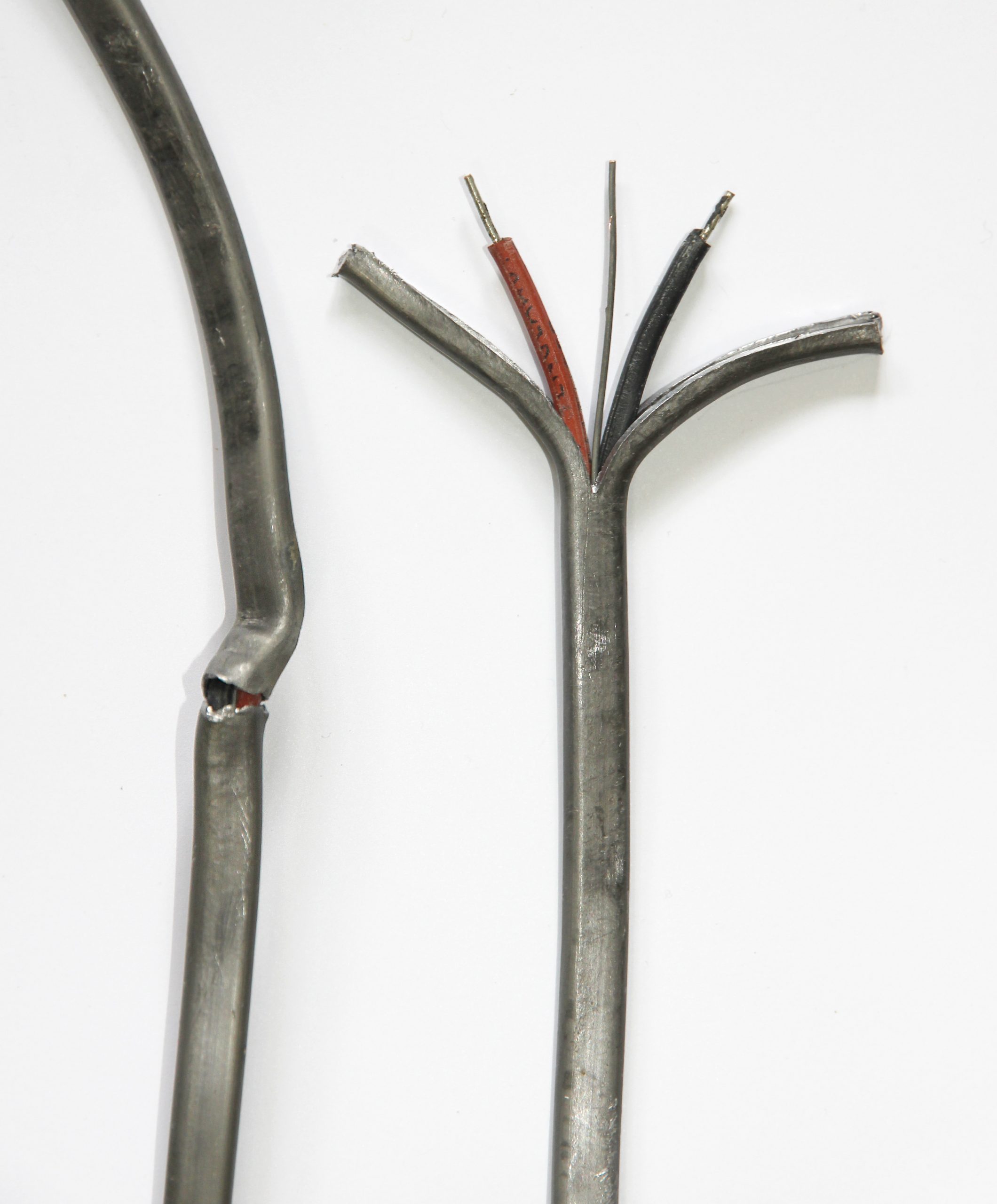Unraveling the Conundrum: Choosing the Best Wire for Electrical Applications
When it comes to electrical wiring, selecting the right type of wire is crucial for ensuring safety, efficiency, and reliability in any electrical system. The choice of wire can significantly impact the performance and longevity of an electrical installation. In this article, we will delve into the various factors that determine the best wire to use for electricity, considering different applications and environments.
Understanding Wire Types
Before delving into the best wire for electricity, it's essential to understand the different types of wires available. The most common types include copper, aluminum, and copper-clad aluminum wires. Each type has its unique properties and is suitable for specific applications. Copper wires are known for their excellent conductivity and resistance to corrosion, making them ideal for most electrical applications. Aluminum wires, on the other hand, are lightweight and cost-effective, making them suitable for long-distance power transmission. Copper-clad aluminum wires combine the benefits of both copper and aluminum, offering a balance between cost and performance.
Factors Influencing Wire Selection
Several factors come into play when determining the best wire for electricity. These include the electrical load, environmental conditions, installation method, and budget constraints. For instance, in high-temperature environments, such as industrial settings, heat-resistant wires like THHN or XHHW may be preferred to ensure long-term reliability. Similarly, for outdoor applications, UV-resistant and moisture-resistant wires are essential to withstand harsh weather conditions. Additionally, the electrical load and voltage rating of the wire must align with the requirements of the electrical system to prevent overheating and voltage drop.
Choosing the Right Gauge
The gauge of a wire refers to its diameter or thickness. Selecting the appropriate wire gauge is crucial for preventing overheating and ensuring optimal electrical performance. In general, thicker wires (lower gauge numbers) are suitable for higher current-carrying capacity, while thinner wires (higher gauge numbers) are ideal for low-power applications. It's essential to calculate the expected electrical load and select the wire gauge accordingly to prevent voltage drop and excessive heat generation.
Best Wire for Specific Applications
For residential wiring, copper wires with THHN insulation are commonly used due to their versatility and safety features. In industrial settings, where heavy machinery and high temperatures are prevalent, heat-resistant wires like XHHW or THHN/THWN are preferred. In outdoor applications, such as landscape lighting or underground wiring, direct burial or UF (underground feeder) cables are the best choice due to their moisture and UV resistance. For long-distance power transmission, aluminum conductors are often used to minimize cost and weight.
Conclusion
In conclusion, the best wire to use for electricity depends on a multitude of factors, including the application, environment, electrical load, and budget. By carefully considering these factors and understanding the properties of different wire types, one can make an informed decision when selecting the most suitable wire for any electrical project. Ultimately, prioritizing safety, efficiency, and longevity is paramount when choosing the best wire for electricity.
